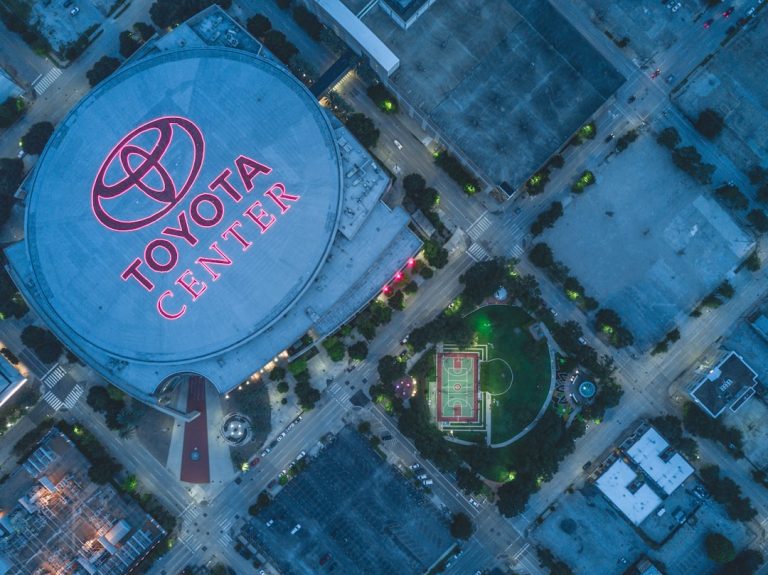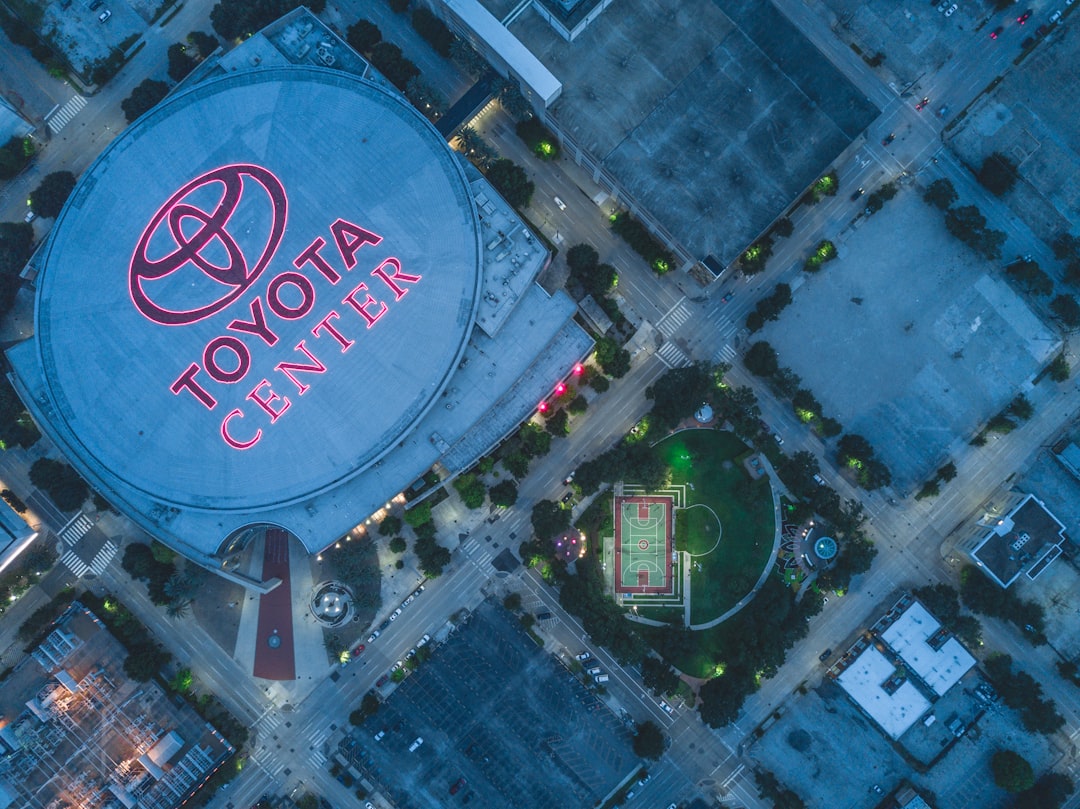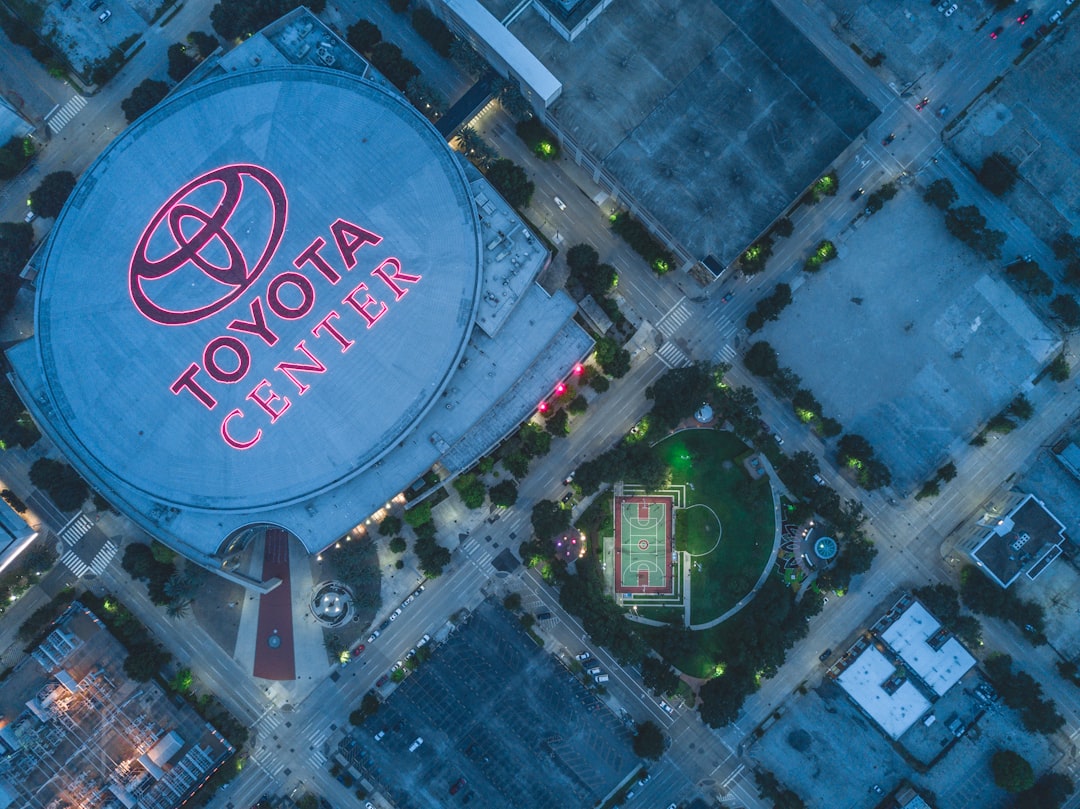In Greater Houston, businesses engaging in telemarketing must adhere to complex consumer protection laws, primarily the 'Do Not Call' list managed by the Texas Attorney General's Office. Non-compliance can lead to legal restrictions and damage community reputation. Key practices include obtaining necessary permits, respecting consumer consent, heeding "Do Not Call" signs, and consulting with specialized Houston law firms for guidance. Regular internal audits using telemarketing software integrated with "do not call" databases reinforce compliance. By following these guidelines, businesses can avoid issues like those handled by Do Not Call Lawyer Houston or similar firms and foster positive relationships.
“Navigating the complex landscape of telemarketing regulations in the Greater Houston Area is essential to avoid legal pitfalls. This article serves as your comprehensive guide to ensure compliance with Texas laws, especially focusing on the ‘Do Not Call’ rules. By understanding the permits and licensing requirements, adopting best practices, and implementing effective monitoring systems, businesses can steer clear of potential penalties and maintain a positive reputation in the Houston market, avoiding the need for a ‘do not call lawyer’ or ‘attorney’ in Houston.”
Understanding Texas Telemarketing Laws and Regulations

In the vibrant and bustling hub of Greater Houston, businesses must navigate a complex landscape of telemarketing laws and regulations to ensure compliance. These rules, designed to protect consumers from aggressive sales tactics, cover various aspects including do-not-call lists, consumer consent, and disclosure requirements. Understanding these laws is crucial for any business engaging in telemarketing activities within the region, especially those seeking to avoid potential legal repercussions or a reputation as a nuisance caller. The ‘Do Not Call’ list, maintained by the Texas Attorney General’s Office, is a game-changer; it allows residents to opt-out of receiving marketing calls and provides a framework for businesses to respect these choices.
For companies aiming to comply with these regulations, clarity on what constitutes consent and how to obtain it is essential. This includes understanding different forms of communication and the specific rules applying to them. Furthermore, businesses should be aware of the restrictions on calling certain types of numbers, such as those listed as ‘Do Not Call’ or belonging to individuals who have registered their numbers with the National Do Not Call Registry. By adhering to these practices, Houston-based businesses can foster a positive relationship with their community, ensuring they remain in compliance without the need for legal intervention from a lawyer specializing in do-not-call laws, such as those found in the city.
Permits and Licensing Requirements for Telemarketers in Houston

In the vibrant and bustling Greater Houston area, businesses engaging in telemarketing activities must navigate a landscape of regulations to ensure compliance. One of the key aspects is obtaining the necessary permits and licenses. Telemarketers are required to register with the Texas Secretary of State, obtaining a Telemarketer Registration Certificate. This process involves providing detailed information about the business, including contact details and the types of services offered. Additionally, local municipalities in Houston may have specific licensing requirements that businesses must fulfill, especially for those operating within city limits.
For companies seeking to avoid legal issues and potential penalties, understanding these permit and licensing mandates is crucial. Failure to comply can result in restrictions on telemarketing activities or even legal action from the Texas Attorney General’s Office, as highlighted by recent cases involving Do Not Call lists. Therefore, businesses should prioritize staying informed about local regulations and consult with legal experts specializing in this field to ensure they meet all necessary criteria, particularly when it comes to handling “Do Not Call” requests and respecting consumer rights.
Do's and Don'ts of Telemarketing in the Greater Houston Area

Do’s and Don’ts of Telemarketing in the Greater Houston Area
When it comes to telemarketing in the vibrant and bustling Greater Houston area, businesses must tread carefully to ensure compliance with local regulations. Do not call lawyers, attorneys, or law firms in Houston without proper authorization is a crucial do. Respecting privacy and consumer rights by obtaining explicit consent before making any sales calls is essential. Additionally, businesses should clearly disclose their purpose, provide an option to opt-out, and refrain from making harassing or abusive calls.
On the contrary, some common don’ts include misrepresenting your business or products, failing to identify yourself and your company, and ignoring consumer complaints. Avoid targeting residents with Do not call lawyer Houston signs or similar notices, as these indicate a strong desire for privacy and reduced marketing contact. Businesses should also steer clear of making calls after 9:00 p.m. and before 8:00 a.m., as well as during recognized holidays, to respect consumer peace and rest.
Monitoring and Maintaining Compliance: Best Practices for Continuous Adherence

Monitoring and maintaining compliance with Texas telemarketing regulations is paramount for businesses operating in the Greater Houston Area to avoid legal repercussions and protect their reputation. Continuous adherence to “do not call” lists, such as those managed by the Better Business Bureau or state regulatory bodies, is essential. Implementing robust systems to track and verify customer opt-out requests is a best practice. Businesses should promptly update their records upon receiving such requests and ensure all live agents are trained to honor these preferences during sales or marketing calls.
Regular internal audits can further reinforce compliance efforts. Reviewing call records, training materials, and employee performance metrics help identify potential gaps in adherence. Utilizing advanced telemarketing software that integrates with “do not call” databases can automate many of these processes, making it easier to maintain accuracy and reduce human error. Staying proactive in monitoring and maintaining compliance demonstrates a commitment to ethical business practices, fostering trust among customers and ensuring long-term success in the competitive Houston market without relying on legal loopholes or evading “do not call” lawyer Houston demands.






